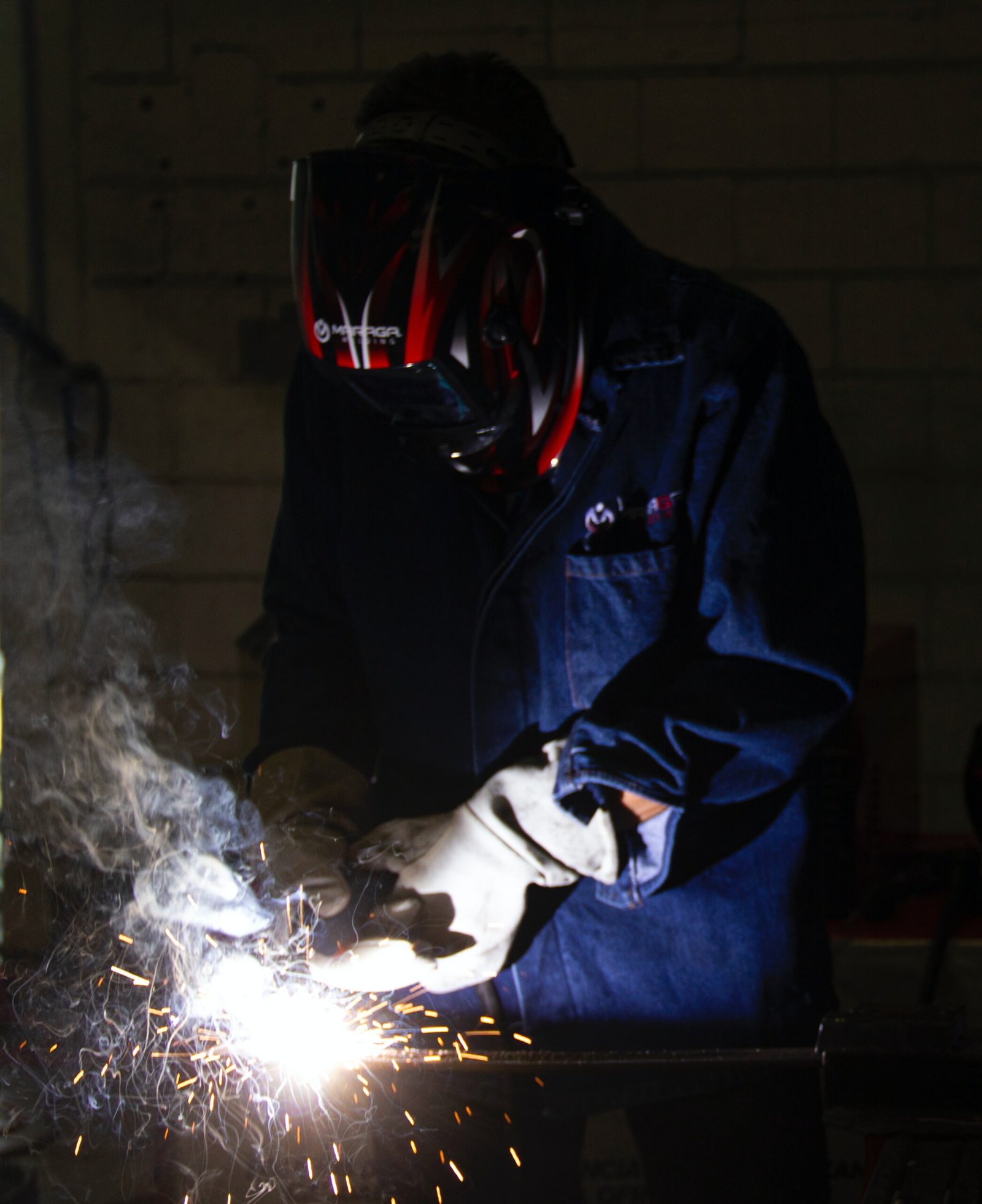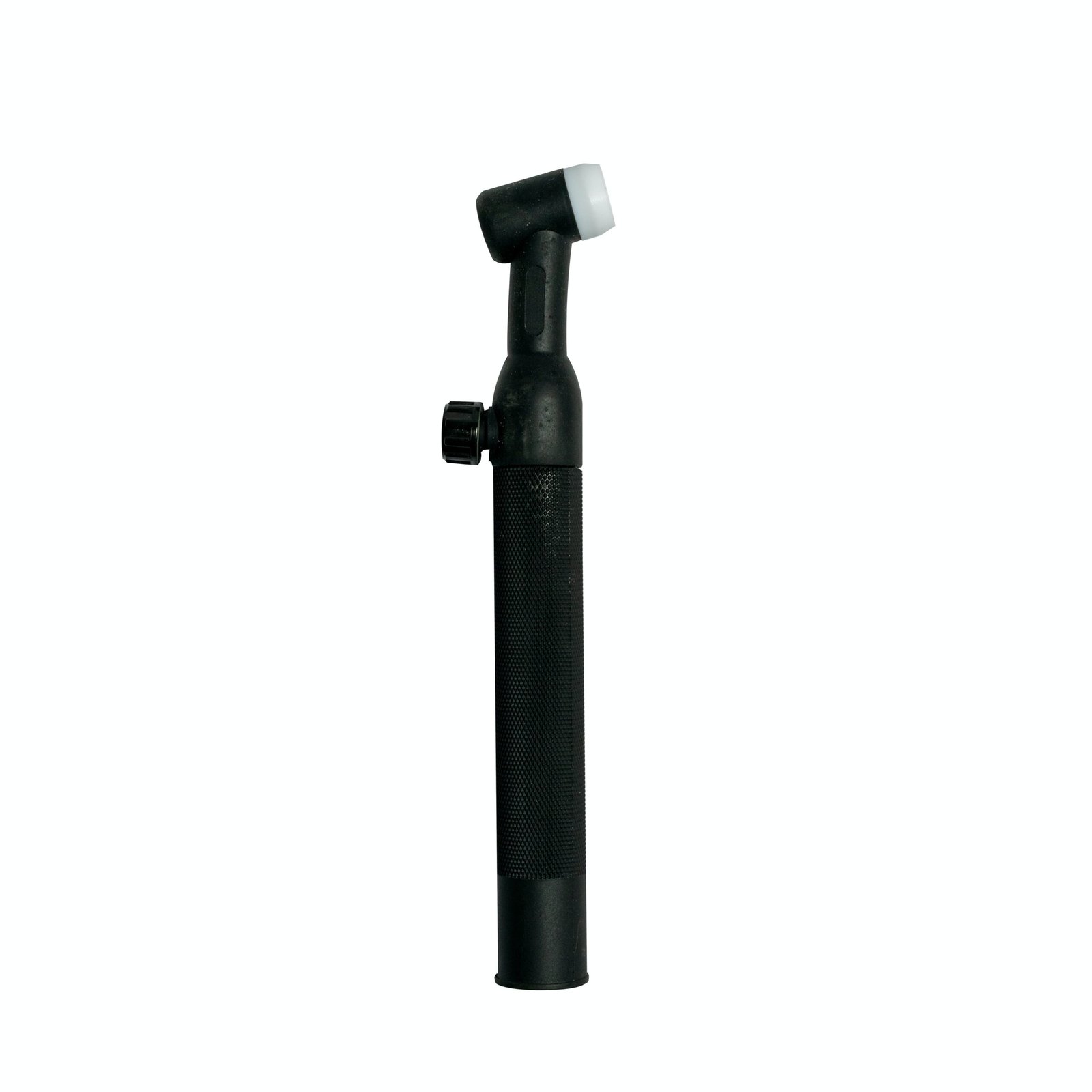Introduction
Flux-Cored Arc Welding (FCAW) is a popular welding process that offers numerous advantages in various industrial applications. This technique utilizes a continuously fed consumable electrode, which contains a flux core. FCAW is known for its high deposition rates, deep penetration capabilities, and versatility, making it a preferred choice for many welders.
How FCAW Works
FCAW is similar to Gas Metal Arc Welding (GMAW), also known as MIG welding, but with a crucial difference. Instead of using a solid wire electrode, FCAW employs a tubular wire filled with flux. This flux plays a vital role in shielding the weld area from atmospheric contamination, promoting a clean and strong bond.
The flux core inside the electrode wire melts during the welding process, creating a protective gas shield. This shield prevents the molten metal from reacting with the surrounding air, reducing the risk of defects such as porosity and oxidation. The flux also acts as a deoxidizer, removing impurities from the weld pool and improving the overall quality of the weld.
Advantages of FCAW
1. High Deposition Rates: FCAW allows for high deposition rates, meaning more weld metal can be deposited in less time. This makes it an efficient process for welding thick materials or completing large-scale projects.
2. Deep Penetration: FCAW offers excellent penetration capabilities, making it suitable for welding thick sections or joints with poor fit-up. The deep penetration ensures a strong and reliable weld joint.
3. Versatility: FCAW can be used for various materials, including carbon steel, stainless steel, and low-alloy steels. It is also suitable for welding in different positions, including flat, horizontal, vertical, and overhead.
4. All-Position Welding: FCAW is highly versatile and can be used for all-position welding. This means that it can be used to weld in any position, making it suitable for complex or hard-to-reach areas.
5. Increased Welding Speed: The high deposition rates of FCAW allow for faster welding speeds compared to other processes. This can significantly reduce project completion times and increase productivity.
Types of FCAW
There are two main types of FCAW:
1. Self-Shielded FCAW (FCAW-S): This type of FCAW does not require an external shielding gas. The flux core in the electrode wire produces its own shielding gas when heated, making it suitable for outdoor applications or situations where using a gas cylinder is not feasible.
2. Gas-Shielded FCAW (FCAW-G): FCAW-G utilizes an external shielding gas, typically a mixture of argon and carbon dioxide. This type of FCAW offers better control over the welding process and produces cleaner welds. It is commonly used for indoor applications or when a higher level of weld quality is required.
Applications of FCAW
FCAW finds applications in various industries, including:
– Construction: FCAW is widely used in the construction industry for welding structural steel, bridges, and heavy machinery.
– Shipbuilding: The deep penetration and high deposition rates of FCAW make it suitable for welding ship hulls and other marine components.
– Pipeline Welding: FCAW is commonly employed for welding pipelines due to its ability to handle thick materials and its all-position welding capabilities.
– Manufacturing: FCAW is utilized in the manufacturing sector for fabricating metal components, such as frames, brackets, and assemblies.
Conclusion
Flux-Cored Arc Welding (FCAW) is a versatile and efficient welding process that offers numerous advantages in various industrial applications. Its high deposition rates, deep penetration capabilities, and all-position welding ability make it a preferred choice for many welders. Whether it’s construction, shipbuilding, pipeline welding, or manufacturing, FCAW provides a reliable and effective solution for joining metal components.


